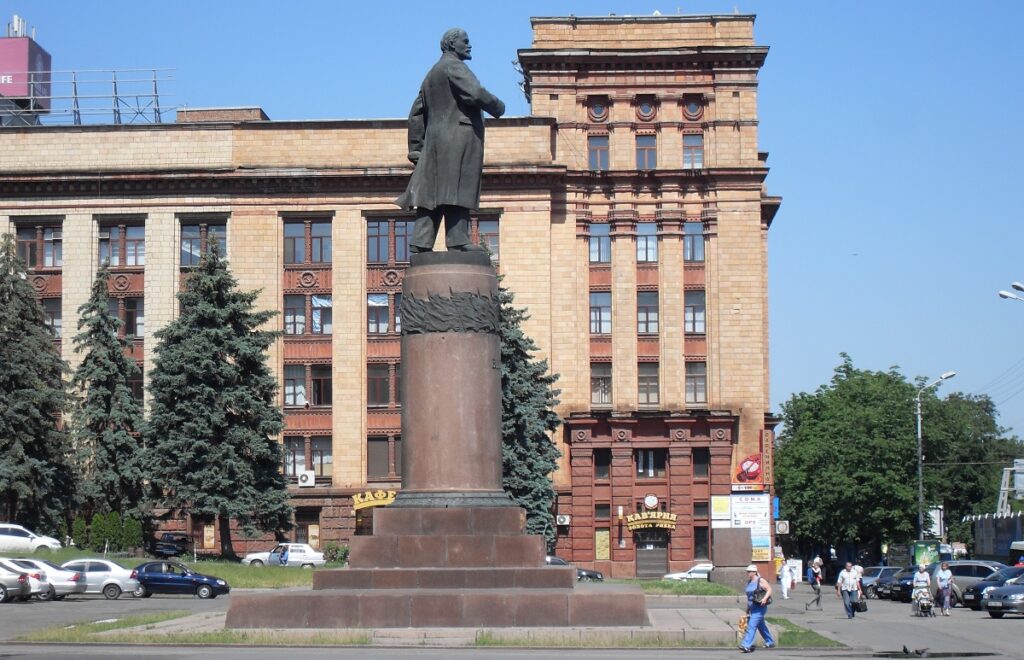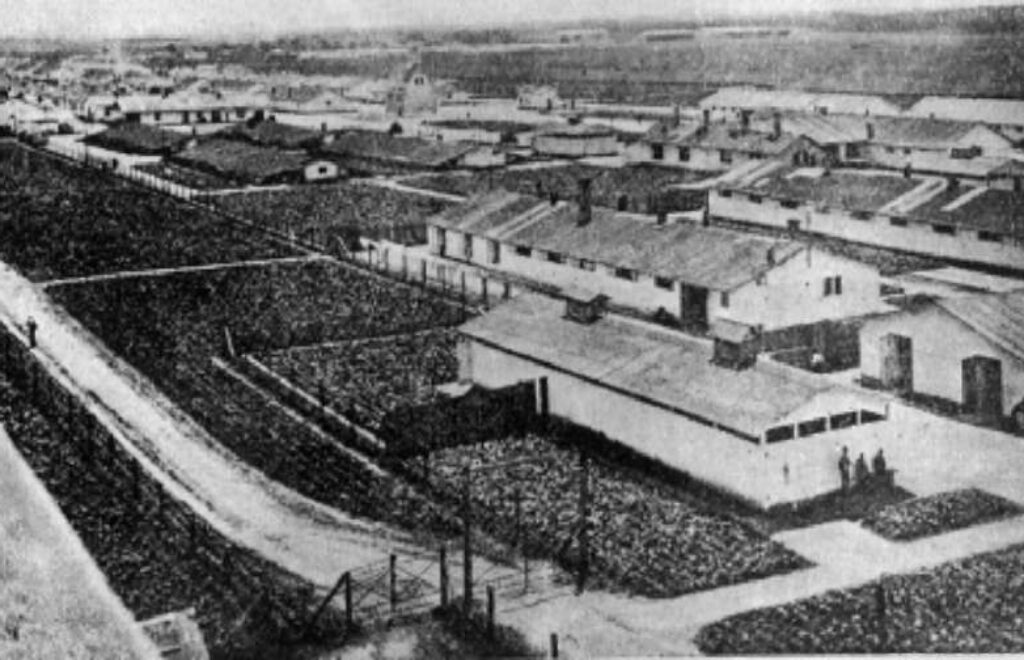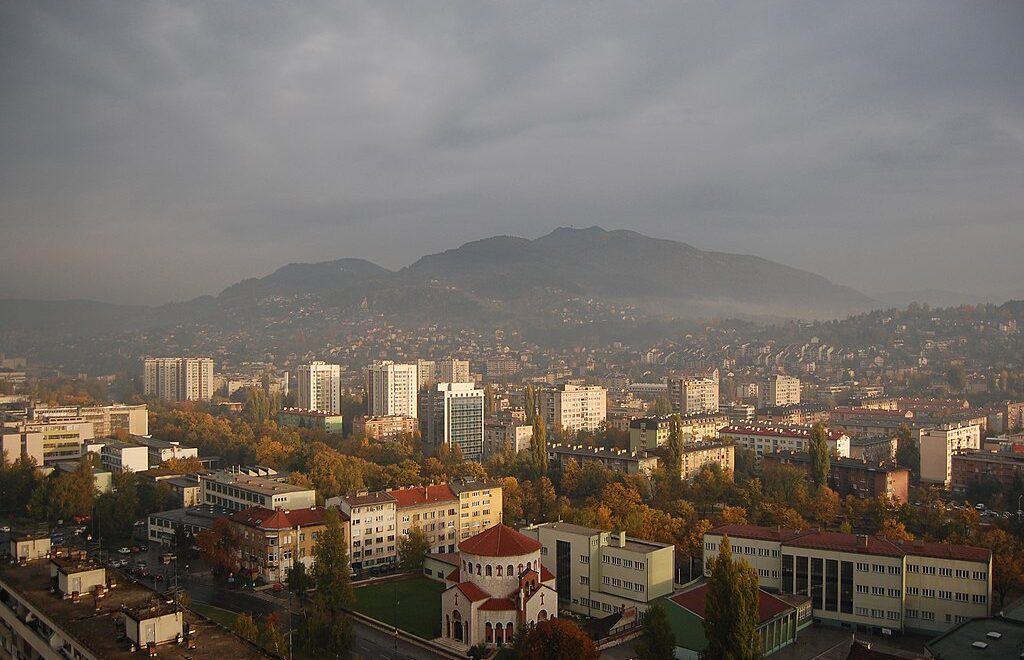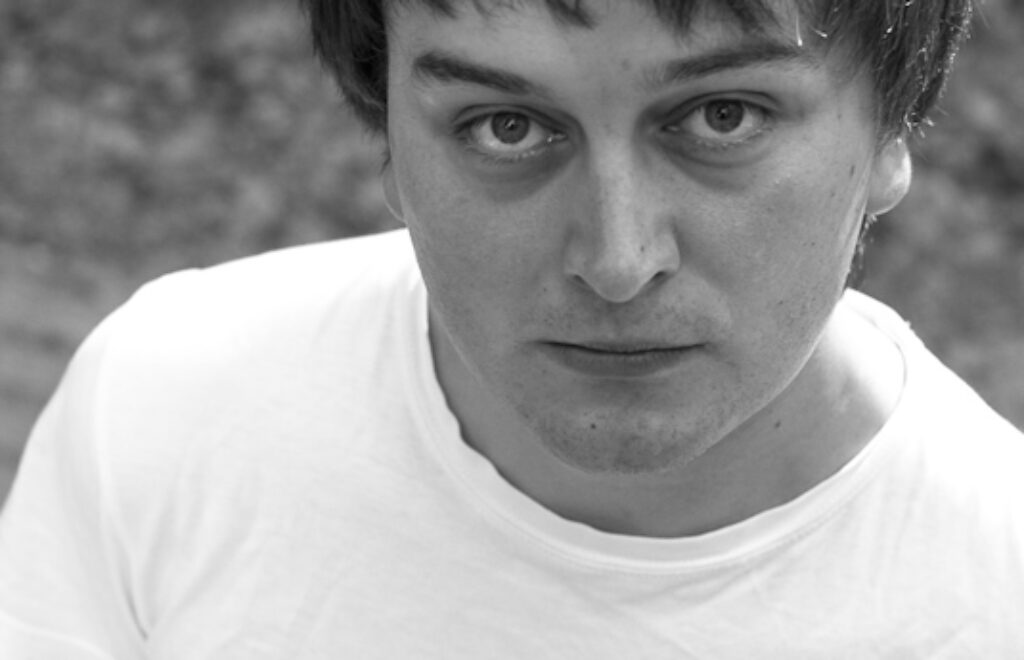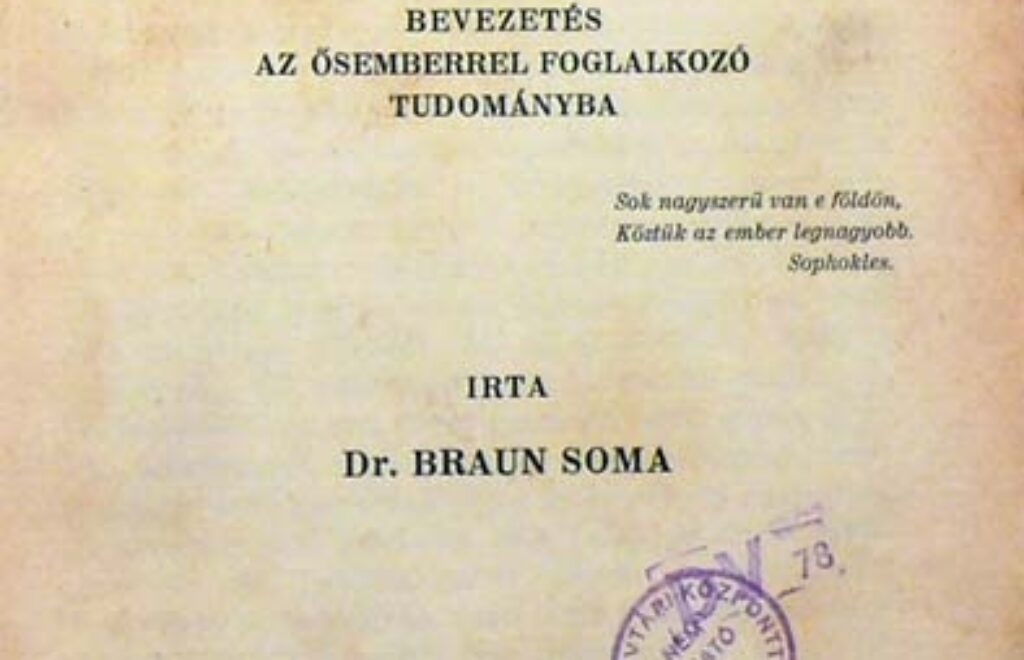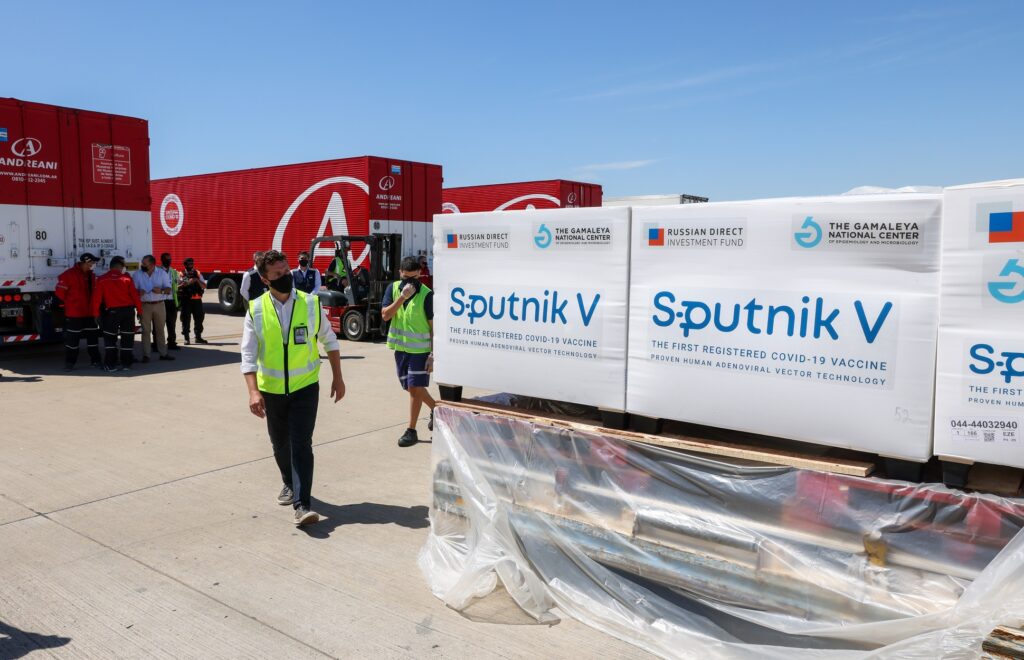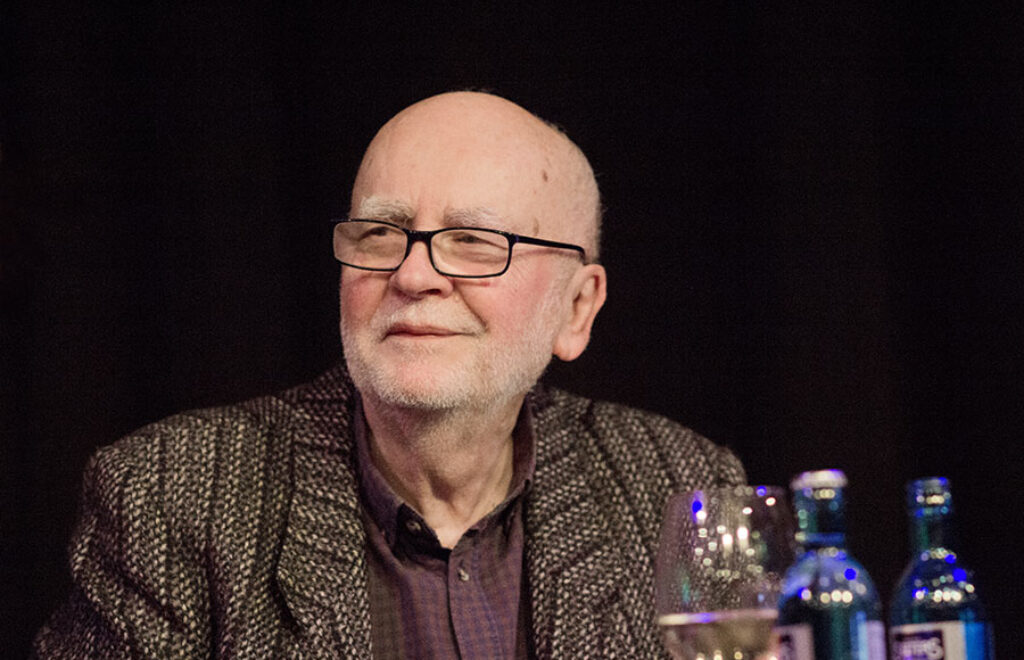History never ends
Forty years ago, when I was two, a young artist named Arthur Fredekind did something unusual in my native city of Dnipropetrovsk (modern Dnipro). Together with his colleague, he produced a couple of flyers with only one word and a question mark on them: Solidarni? It was a clear allusion to the Polish social and political movement that started in Gdańsk. Arthur scattered several flyers in the mailboxes of various blocks in the neighbourhood. It happened in a closed Soviet city under special KGB surveillance far away from the Polish border. Despite this, some newspapers from then socialist Poland were available. Even these served in some way as a window to the West… Pretty soon, Arthur was arrested and convicted on defamation charges.
December 1, 2021 - Andriy Portnov


